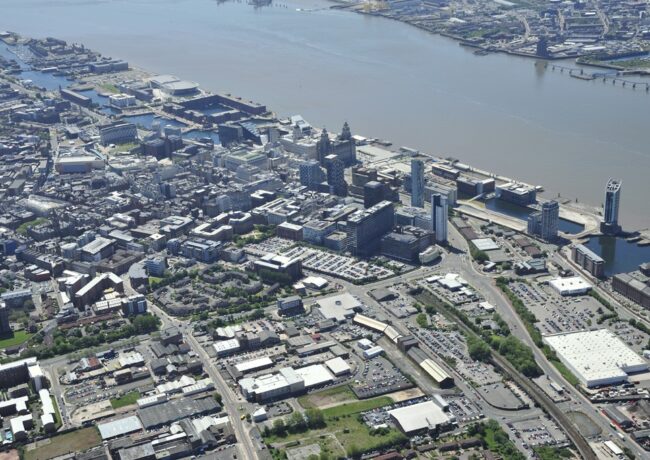Liverpool secures £3.4m for green corridors
Liverpool City Council, working with Mersey Forest and the University of Liverpool, has secured £3.4m funding to develop “green corridors” across the city.
Liverpool teamed up with Mersey Forest, the University of Liverpool and organisations in Valladolid, Spain and Izmir, Turkey to successfully bid for a combined €10m of Horizon 2020 European funding to be invested in creating new green spaces in the city.
Over the next three years the Liverpool partners will work with communities, organisations such as the Business Improvement District and other stakeholders to identify and retrofit a number of ‘green corridors’ as part of the URBAN GreenUP project.
Areas likely to be considered include locations within the Baltic Corridor, the business and commercial district and the Jericho Lane/Otterspool areas as the city looks to deliver a range of environmental improvements including increasing biodiversity, improving air quality and alleviating surface water issues.
Work will include planting trees, introducing “green wall” vertical gardens and establishing sustainable urban drainage systems, whilst enhancing pedestrian and cycling routes in and out of the city.
Cllr Steve Munby, Liverpool City Council’s cabinet member for neighbourhoods, said: “Receiving this funding will allow us to environmentally enhance some key city routes, benefitting the local community, businesses and the city as a whole, whilst providing an opportunity to adapt parts of the city so they are more resilient to future climate change impacts.
“It is incredibly important to be able to work in partnership, not only with other Liverpool organisations, but to share information and best practice with other European cities which also have environmental improvements high on their agenda.”
The council said that the project delivers on the green corridor recommendations in the Mayoral Review for Green and Open Spaces and will additionally fulfil emerging aspirations in the development of the city’s Local Plan.
The required research, experimental design of technical solutions and practical testing, together with data analysis, will be undertaken by the University of Liverpool.




